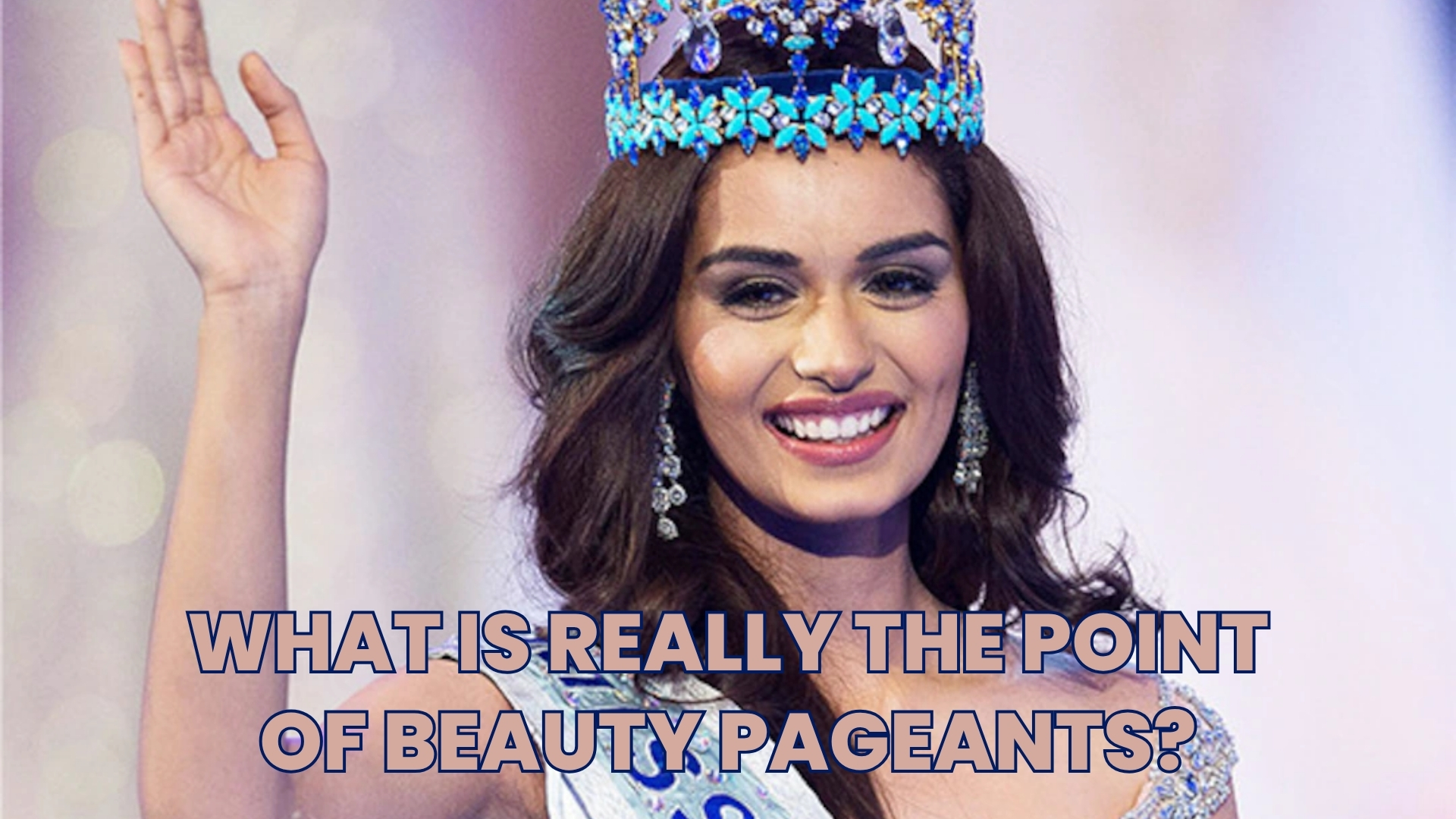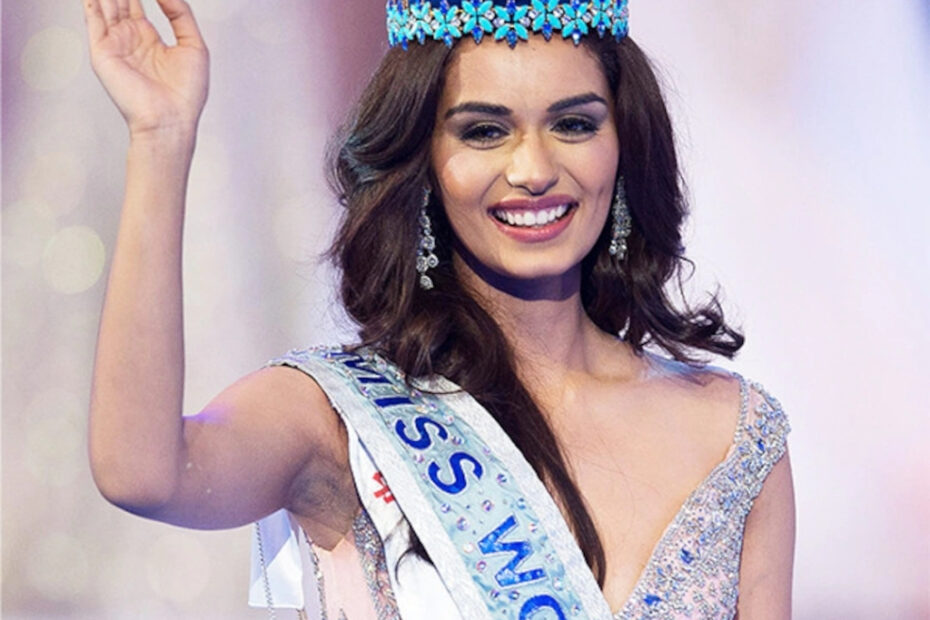Beauty pageants have long been a subject of fascination, debate, and sometimes controversy. From the dazzling evening gowns to the poised answers during Q&A rounds, these events captivate audiences worldwide. But beyond the sparkling tiaras and the runway lights, a pressing question remains: What is really the point of beauty pageants? Are they mere showcases of physical beauty, or do they serve a deeper purpose in society?
This article delves into the multifaceted world of beauty pageants, exploring their origins, evolution, and the roles they play today. We’ll look at the arguments for and against pageantry, examine their impact on participants and society, and answer some of the most frequently asked questions about this enduring phenomenon. Whether you’re a pageant enthusiast or a skeptic, this comprehensive guide will shed light on what beauty pageants truly represent in the modern era.
The Evolution and Purpose of Beauty Pageants

The Historical Roots of Beauty Pageants
Beauty pageants date back to ancient times, with roots in festivals and competitions that celebrated physical appearance and talent. The modern beauty pageant, however, began in the late 19th and early 20th centuries. The first Miss America pageant was held in 1921, initially as a marketing event to boost tourism in Atlantic City.
Key Milestones in Pageant History
- 1921: First Miss America pageant
- 1951: Miss World founded in the UK
- 1952: Miss Universe launched in the USA
- 1960s–70s: Rise of international pageants and inclusion of talent and interview segments
The Stated Goals of Beauty Pageants
Most modern pageants claim to go beyond physical beauty, emphasizing:
- Personal development: Building confidence, public speaking, and leadership skills
- Community service: Encouraging charitable work and social responsibility
- Cultural representation: Showcasing diversity and national pride
- Scholarship opportunities: Providing educational funding for contestants
The Realities Behind the Stage
While the stated goals are noble, critics argue that beauty pageants often reinforce narrow standards of beauty and perpetuate gender stereotypes. However, supporters contend that pageants have evolved, offering platforms for advocacy, empowerment, and personal growth.
The Multifaceted Impact of Beauty Pageants
Personal Growth and Empowerment
Confidence and Public Speaking
Many contestants report significant boosts in self-confidence and communication skills. The experience of performing on stage, answering challenging questions, and interacting with diverse audiences can be transformative.
Networking and Career Opportunities
Pageants often open doors to careers in entertainment, modeling, public relations, and even politics. The connections made during these events can be invaluable for personal and professional growth.
Social and Cultural Influence
Promoting Social Causes
Modern pageants frequently require contestants to champion social causes, from environmental awareness to women’s rights. Winners often use their platforms to raise awareness and funds for important issues.
Cultural Exchange and Representation
International pageants, in particular, celebrate cultural diversity. Contestants showcase traditional attire, customs, and values, fostering cross-cultural understanding.
Controversies and Criticisms
Reinforcing Beauty Standards
One of the most common criticisms is that beauty pageants promote unrealistic and homogenized standards of beauty. This can contribute to body image issues and exclusion of those who don’t fit the mold.
Objectification and Gender Stereotypes
Some argue that pageants objectify women, reducing them to their appearance. Others counter that modern pageants focus more on intellect, talent, and advocacy.
Inclusivity and Diversity
In recent years, there has been a push for greater inclusivity, with pageants welcoming contestants of different body types, backgrounds, and gender identities. However, progress is ongoing and varies widely across different organizations.
Comparing Beauty Pageants: Traditional vs. Modern Approaches
| Aspect | Traditional Pageants | Modern Pageants |
|---|---|---|
| Focus | Physical appearance | Advocacy, talent, intellect |
| Eligibility | Strict age/appearance norms | More inclusive (in some cases) |
| Judging Criteria | Looks, poise | Social impact, communication |
| Social Causes | Rarely emphasized | Central to mission |
| Diversity | Limited | Increasingly prioritized |
The Role of Beauty Pageants in Today’s Society
Empowerment or Exploitation?
The debate continues: Are beauty pageants empowering platforms or outdated spectacles? The answer often depends on the specific pageant and the experiences of its participants.
Empowerment
- Skill-building: Contestants develop valuable life skills.
- Scholarships: Many pageants offer educational funding.
- Advocacy: Winners can champion important causes.
Exploitation
- Pressure to conform: Contestants may feel compelled to meet certain beauty standards.
- Objectification: Some segments may still focus heavily on appearance.
The Changing Face of Pageantry
Pageants are evolving to reflect changing societal values. Some have eliminated swimsuit competitions, while others have broadened their eligibility criteria. The focus is increasingly on substance over style.
The Psychological Impact on Contestants
Positive Effects
- Improved self-esteem
- Enhanced public speaking and interpersonal skills
- Sense of accomplishment
Potential Downsides
- Body image issues
- Stress and anxiety from competition
- Pressure to maintain a certain appearance
Support Systems
Many pageant organizations now offer counseling and support to help contestants navigate the pressures of competition.
Beauty Pageants and Media Representation
Shaping Public Perception
Media coverage of beauty pageants can influence societal standards of beauty and femininity. Positive portrayals can inspire viewers, while negative coverage can reinforce stereotypes.
Social Media and Pageantry
The rise of social media has transformed pageantry. Contestants can now build their own brands, connect with fans, and advocate for causes directly.
FAQ
What is the main purpose of beauty pageants today?
The main purpose of beauty pageants today is to provide a platform for personal development, advocacy, and cultural exchange. While physical appearance remains a component, modern pageants emphasize talent, intellect, and social impact.
Are beauty pageants only about looks?
No, most contemporary pageants include segments on talent, interviews, and social causes. Many organizations prioritize well-rounded individuals who can serve as role models and advocates.
Do beauty pageants help or harm self-esteem?
It varies by individual. Some contestants gain confidence and valuable skills, while others may experience pressure or negative body image. Supportive environments and evolving standards aim to minimize harm.
Are there pageants for men and non-binary individuals?
Yes, there are pageants for men and increasing efforts to include non-binary and transgender contestants. Inclusivity is growing, though progress is uneven across different organizations.
How do pageants impact society?
Pageants can influence societal standards of beauty, promote cultural exchange, and raise awareness for social causes. However, they can also perpetuate stereotypes if not thoughtfully executed.
What changes are being made to modernize beauty pageants?
Many pageants are eliminating swimsuit segments, broadening eligibility, and focusing on advocacy and talent. There is a growing emphasis on diversity, inclusion, and social responsibility.
Conclusion: The True Point of Beauty Pageants
Beauty pageants are more than just glittering crowns and glamorous gowns. At their best, they offer opportunities for personal growth, advocacy, and cultural exchange. They can empower individuals, provide scholarships, and shine a spotlight on important social issues. However, they are not without flaws, and ongoing efforts are needed to ensure inclusivity, diversity, and a focus on substance over superficiality.
The real point of beauty pageants, then, is not simply to celebrate physical beauty, but to recognize and nurture the multifaceted strengths of individuals—confidence, intelligence, compassion, and the ability to inspire others. As society continues to evolve, so too will the world of pageantry, reflecting broader values and aspirations.
